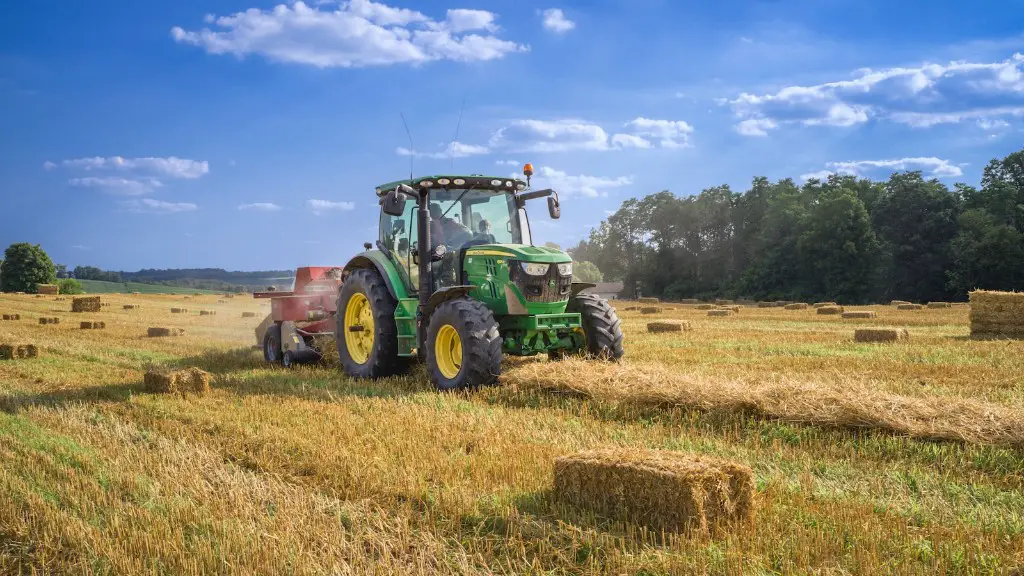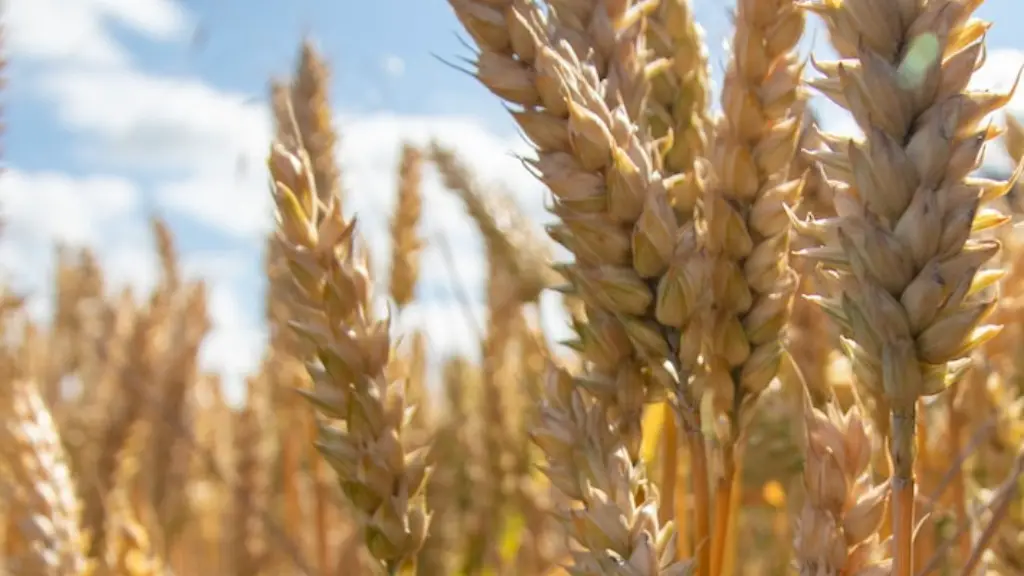Agriculture has had an enormous impact on human societies throughout its history. The introduction of agriculture changed the way societies were organized, the way people ate and how they interacted with one another. It allowed people to settle in one place, develop their technology and produce surplus food, leading to population growth, increased wealth and deeper interconnectivity.
Impact on Food
The primary impact of agriculture was felt in its ability to produce food on a large scale. With the advent of agriculture, humans ceased relying primarily on wild foods, which could be scarce, and began to cultivate crops that they could rely on for sustenance. This allowed for larger and more reliable populations, and allowed for a more reliable food supply. Furthermore, having access to a consistent food source allowed for more diverse diets, including grains and oils, as well as more types of fruits and vegetables.
Impact on Population
Since agriculture allowed people to cultivate food on a large scale, it led to greater population growth. As agriculture became more advanced, it was able to produce more surplus food, allowing communities to support more people. This population growth led to the development of larger, more complex societies, with greater diversity and stability. Furthermore, due to the new stability and wealth generated by agriculture, it allowed for villages and cities to form, allowing people to specialize in professions such as masonry, metalworking, and other trades.
Impact on Technology
The success of agricultural societies allowed for greater development of technologies that further enhanced the ability of humans to produce food. The invention of basic agricultural tools such as the plow, hoe and sickle allowed humans to increase their agricultural productivity, ultimately leading to larger and more diverse diets. Moreover, the development of technologies like irrigation systems and dams allowed for the development of richer and more productive soil, providing more foodstuffs for human consumption.
Impact on Society
Agriculture allowed humans to settle down in one place, and this in turn allowed for the development of complex societies. The surplus of food allowed some members of society to specialize in other areas, and this led to the development of complex civilizations and cultures. Additionally, the increased production of food allowed for greater food security, which allowed for the development of laws and other structures of government, further unifying and stabilizing human societies.
Impact on Trade and Interconnectivity
The introduction of agriculture also had a significant impact on trade and interconnectivity, as it gave rise to an economy based on the exchange of goods and services. Specialization of labor meant that production and distribution were more efficient, and this allowed for the development of a more interconnected trading system that encouraged economic growth and development. Further, agriculture allowed for more efficient trade routes and transportation, allowing for a greater linking of communities across the world.
Impact on the Environment
Agriculture had a major impact on the environment. As people began to cultivate food on a large scale, it led to deforestation, soil degradation and destruction of natural habitats. Agriculture also allowed for animal domestication, which in turn allowed for the destruction of wildlife habitats. Additionally, the development and use of pesticides and herbicides allowed for further destruction of the environment. On the other hand, the introduction of agriculture has also had positive environmental impacts, such as soil conservation, carbon sequestration and flood control.
Impact on Health
The development of agriculture has also impacted human health. On the one hand, increased dependence on agriculture has led to health problems due to a lack of nutrient diversity in the diet, lack of access to potable water, and contamination of food and water supplies with chemicals and toxins. On the other hand, agricultural advances have allowed for new ways to prevent and treat disease, such as vaccines and medical treatments, as well as a more reliable and plentiful food supply.


